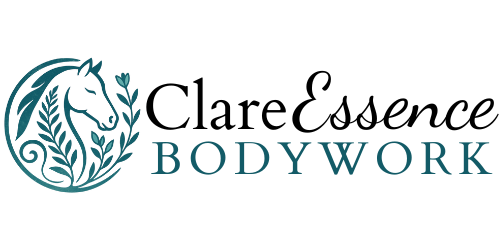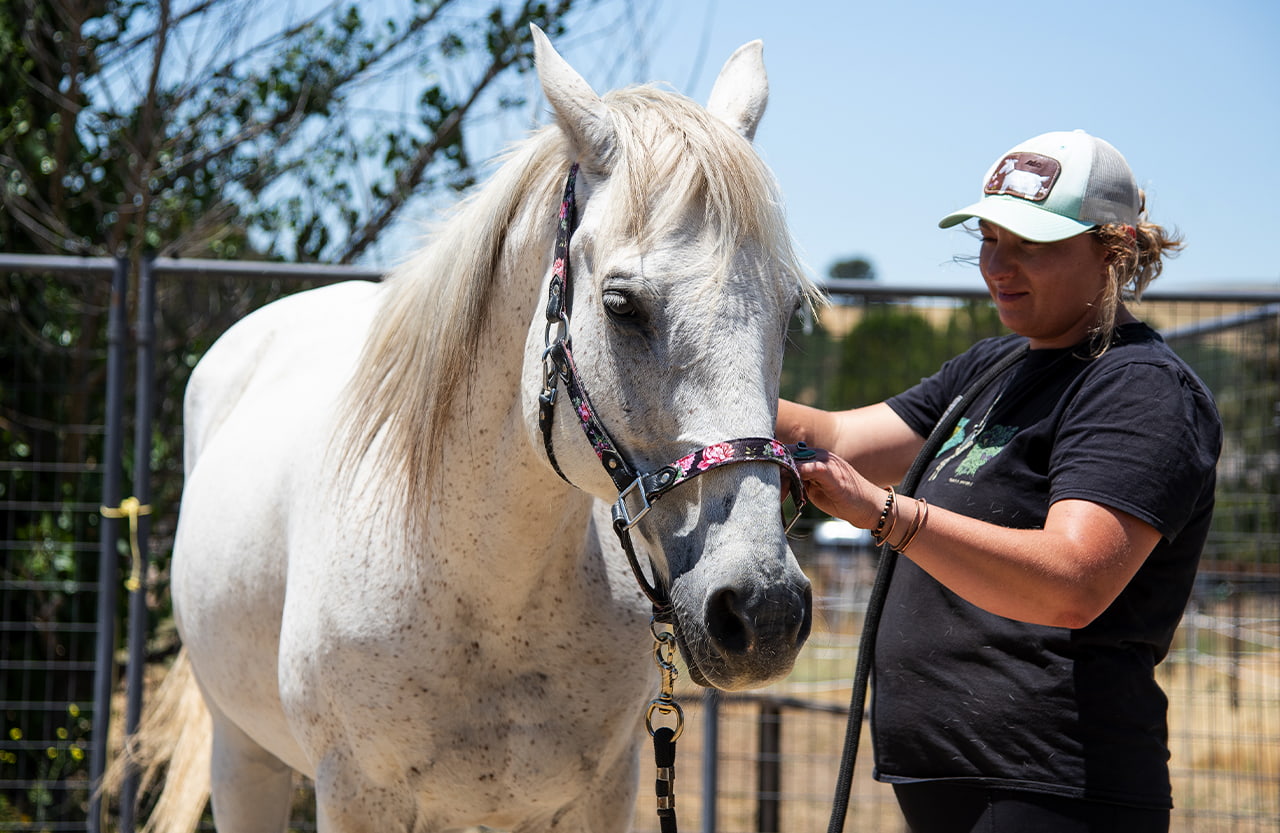Why Horses Seem “Lazy”
It’s easy to jump to the conclusion that your horse is being lazy when they lack their usual energy or enthusiasm. However, it’s important to understand that horses don’t always show their discomfort the same way we would expect. Just like humans, horses can experience physical strain, stress, and tension that affects their energy levels. The sluggish behavior that we might interpret as laziness can actually be a sign of fatigue or muscle tightness.
Horses Communicate Through Behavior
Horses may not be able to tell us exactly where it hurts, but their behavior is often a form of communication. When a horse seems disengaged, reluctant to move, or even refuses to perform certain movements, it’s often their way of telling us that something is off. This behavior isn’t usually a lack of motivation—it is likely their way of signaling to you that they need relief, whether from tension, muscle stiffness, or other pain.
The Role of Recovery in Your Horse’s Performance
This is where recovery-focused bodywork comes in. Techniques such as fascia release, massage, and trigger point therapy are designed to release tight muscles, ease tension, and restore your horse’s range of motion. Just like us, horses need time to recover from physical exertion, and addressing muscle tightness can make a world of difference. After a bodywork session, many horses experience increased energy, more freedom of movement, and a more positive attitude.
Instead of pushing your horse to perform when they seem “lazy,” consider whether they might be asking for help in recovering from tightness or fatigue. By addressing the root cause of their behavior, you can improve both their physical comfort and their performance, leading to a happier, healthier horse.
How to Support Your Horse’s Recovery
If you notice your horse slowing down or becoming less enthusiastic, it may be time to consider incorporating more rest and bodywork into their routine. Regular bodywork sessions can help keep your horse feeling their best, both physically and emotionally. By recognizing and addressing the signs of tension or fatigue, you’ll create a more comfortable and supportive environment for your horse, ultimately enhancing their performance and overall well-being.


Leave a Reply